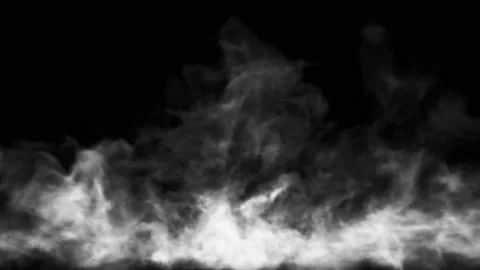
The Exhaust Gas Recirculation (EGR) system is used in modern diesel engines by recirculating part of the exhaust gases back into the intake of the engine. This lowers the emissions of nitrogen oxide (NOx) and keeps combustion temperatures at low levels. However, many owners of diesel trucks choose to delete this system using an EGR delete kit for improved performance, less wear on the engine, and simpler maintenance.
Among the questions that would normally crop up during this transition is: Will EGR delete emit black smoke? This article addresses the implication of EGR removal on smoke production, engine power, and what to do in order to avoid problems such as excessive black smoke.
What Is Black Smoke and Why Does It Occur?
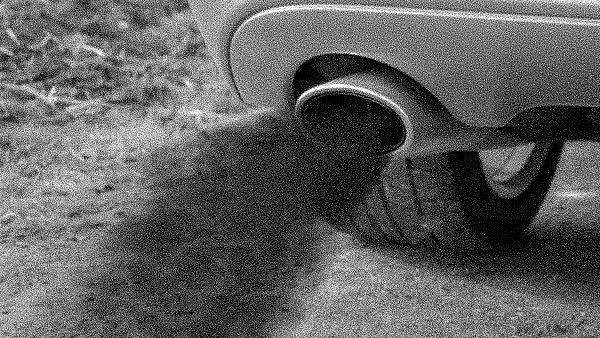
Black smoke is a visual signal of poor combustion, where the fuel-air mixture in the engine is not combusting properly. Excessive fuel or low oxygen levels in the combustion chamber can lead to unburnt fuel particles (soot) being released through the exhaust.
The common reasons for black smoke are:
Excess fuel mixtures or over-fuelling
Dirty or blocked air filters
Worn or faulty fuel injectors
Turbocharger malfunction
Faulty or clogged EGR systems
While black smoke on forced acceleration or load is acceptable, persistent black smoke is generally an indication that something in the combustion process needs to be addressed.
The Role of EGR System in Combustion
The EGR system works to reduce NOx emissions by recycling some of the exhaust gases back into the intake manifold. This reduces the amount of oxygen fed into the engine, and hence, peak combustion temperatures. While it is good for the environment, it can be harmful to engine performance in the long term. Exhaust gases also contain carbon and soot, which can coke up the intake system, reduce airflow, and result in poor fuel efficiency and black smoke.
In high-mileage or older cars, a clogged or sticking EGR valve might disrupt the air-fuel mixture and create additional soot output.
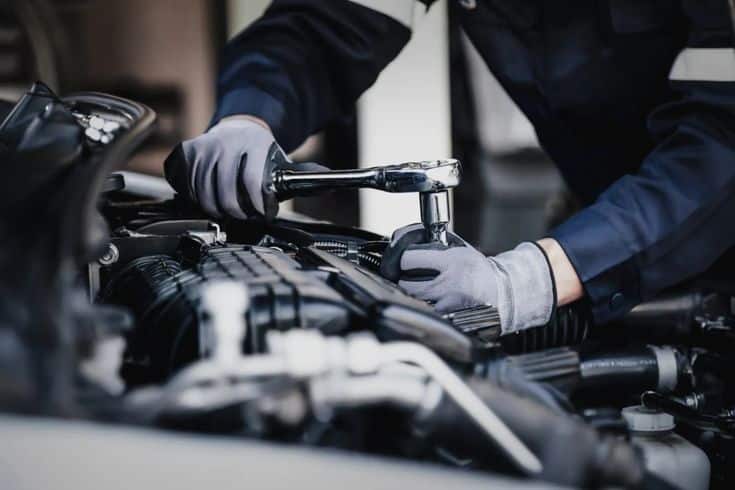
Does Black Smoke Cause EGR Delete?
By deleting the EGR system in your car using a quality EGR delete kit, some changes happen in how your engine carries out combustion.
Increased Oxygen in the Intake
By removing the EGR system, the engine receives fresh, clean oxygen instead of exhaust gas. This can lead to cleaner combustion, less likely to produce black smoke if the rest of the system is properly tuned.
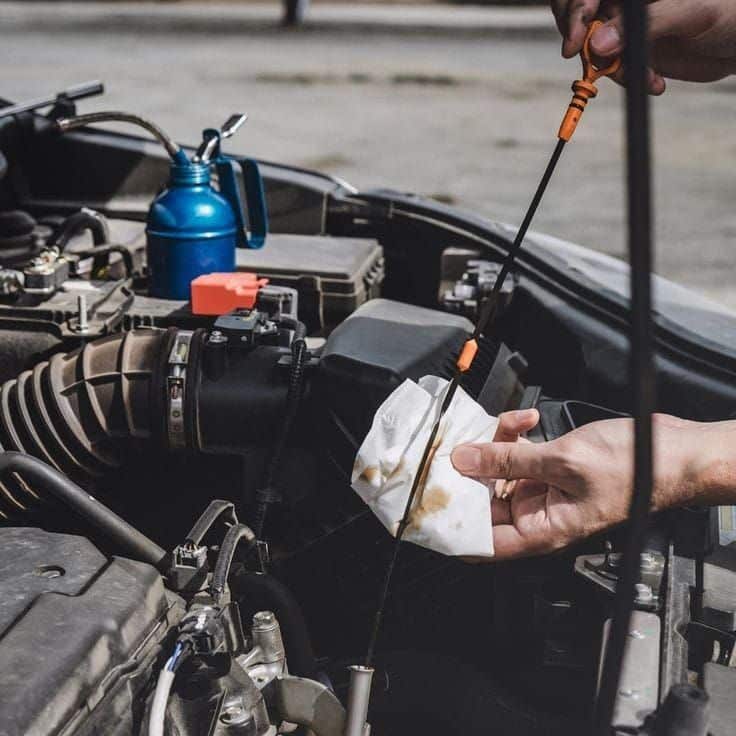
ECU Can Still Give Additional Fuel
But if you fail to get your engine’s ECU re-tuned following the installation of the delete kit, the system may continue to inject the same amount of fuel that it would inject when there are EGR gases. The imbalance may cause a rich air-fuel ratio, which is responsible for the very black smoke that you are attempting to avoid.
Smoke May Result if Not Tuned Correctly
So yes, EGR delete does produce black smoke — but only if the ECU isn’t re-tuned. A well-tuned engine with an EGR delete can actually burn cleaner and emit less smoke, not more.
How to Prevent Black Smoke After EGR Delete
In order to prevent the problem of black smoke, it’s important to do the following after an EGR delete has been done:
Professional ECU Tuning
The second most critical step following an EGR delete is remapping the ECU. Professional tuning aligns the air-fuel ratio, injection timing, and boost pressures to correlate with the new airflow dynamics. If not tuned, the engine may end up running rich, which will raise soot and emissions.
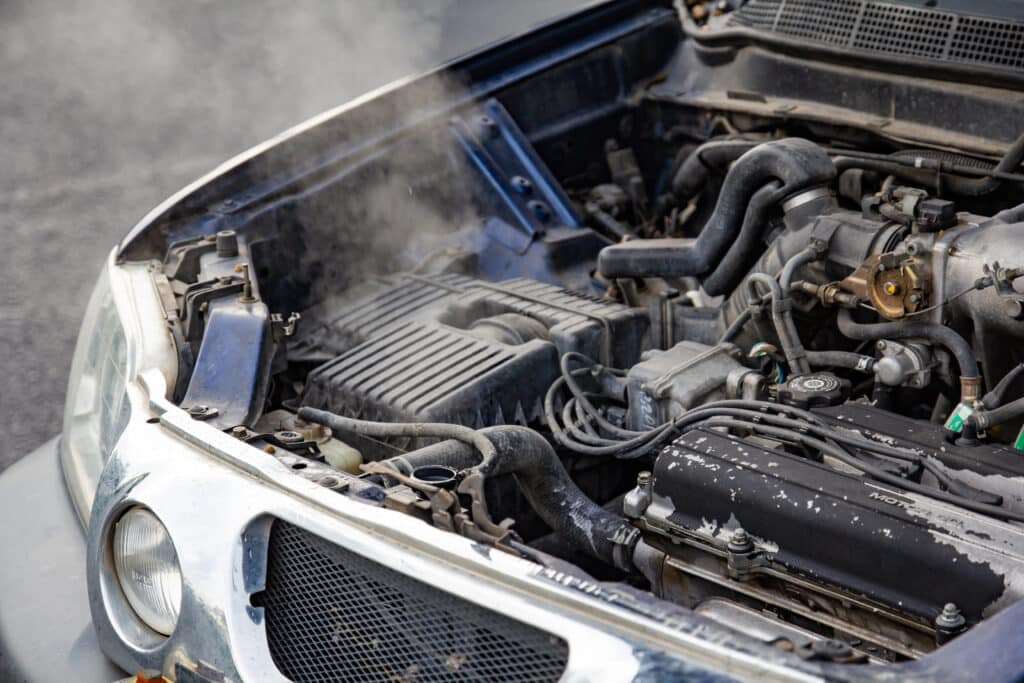
Use a Trustworthy EGR Delete Kit
Always opt for a high-quality EGR delete kit that is designed for your specific diesel engine model. Cheap or universal kits might not seal or fit within your system, causing air leaks or check engine lights. You can find solid and engine-specific kits from reputable sources like SPETuner’s series of EGR delete kits, which are designed for strength and performance.
Keep Air and Fuel Systems
Clogged air filters, clogged intake manifolds, or faulty fuel injectors will also generate black smoke—whether the EGR system is operating or not. There’s maintenance for it. Clean or replace air filters, inspect injectors, and ensure turbocharger operation efficiently.
Check Engine Performance
Monitor your engine’s performance following an EGR delete. Unexplained smoke, worsening fuel efficiency, or loss of power can mean something’s not calibrated correctly or there is a mechanical issue.
Benefits of EGR Delete for Performance and Clean Combustion
While the intention of an EGR system is to reduce emissions, it is at the cost of engine efficiency as well as cleanliness. By-passing the EGR system, if properly done, has advantages in many ways beyond smoke reduction.
Improved Airflow and Efficiency
By blocking off the exhaust gases that are full of soot from entering the intake, cleaner air is provided to your engine, allowing it to operate more efficiently. This causes fuller combustion, which will keep black smoke emissions under control rather than allow them to rise.
Increased Horsepower and Throttle Response
The EGR system limits power output by restricting airflow. Removing it helps your turbocharger perform better, with better boost pressure, horsepower, and throttle response—especially when combined with a tune.
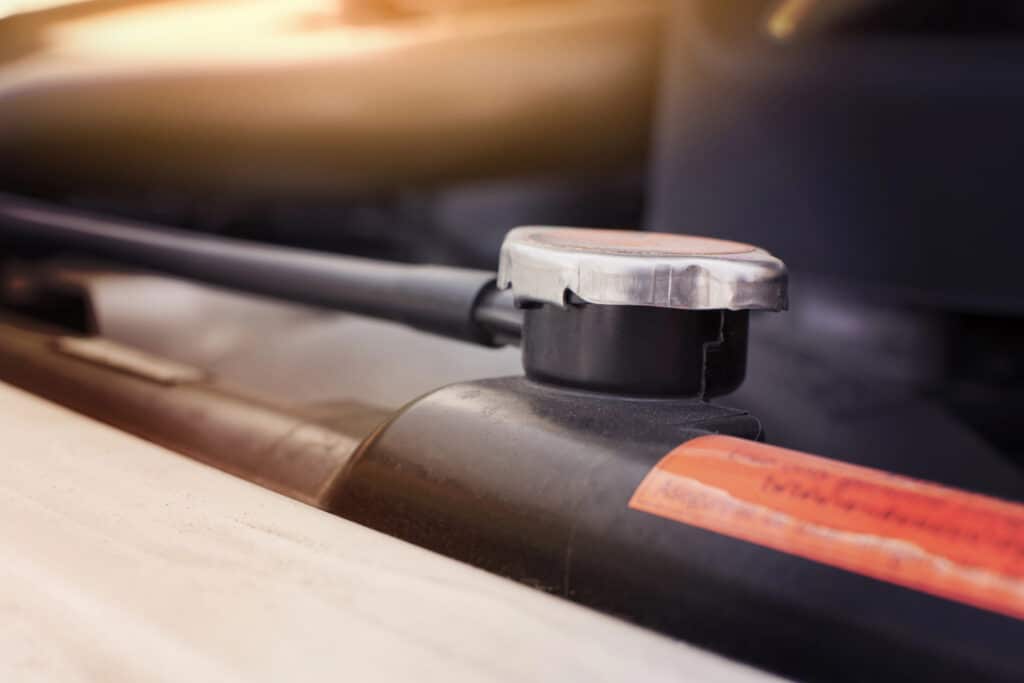
Cleaner Intake System
EGR systems are infamous for carbon buildup. Removing the system prevents soot from developing in the intake manifold and valves, leading to long-term engine cleanliness and less maintenance problems.
Lower Maintenance Costs
By avoiding carbon clogging and valve sticking that accompany EGR systems, an EGR delete will save you from perpetual repairs. You’ll also avoid subjecting yourself to expensive EGR replacements.
As a performance diesel owner, it’s an outright way to preserve your money in enhancing your vehicle without jeopardizing smoke in your engine through investing in quality kits such as those offered in SPETuner’s EGR delete kit collection.
Final Thoughts: Does EGR Delete Indeed Cause Black Smoke?
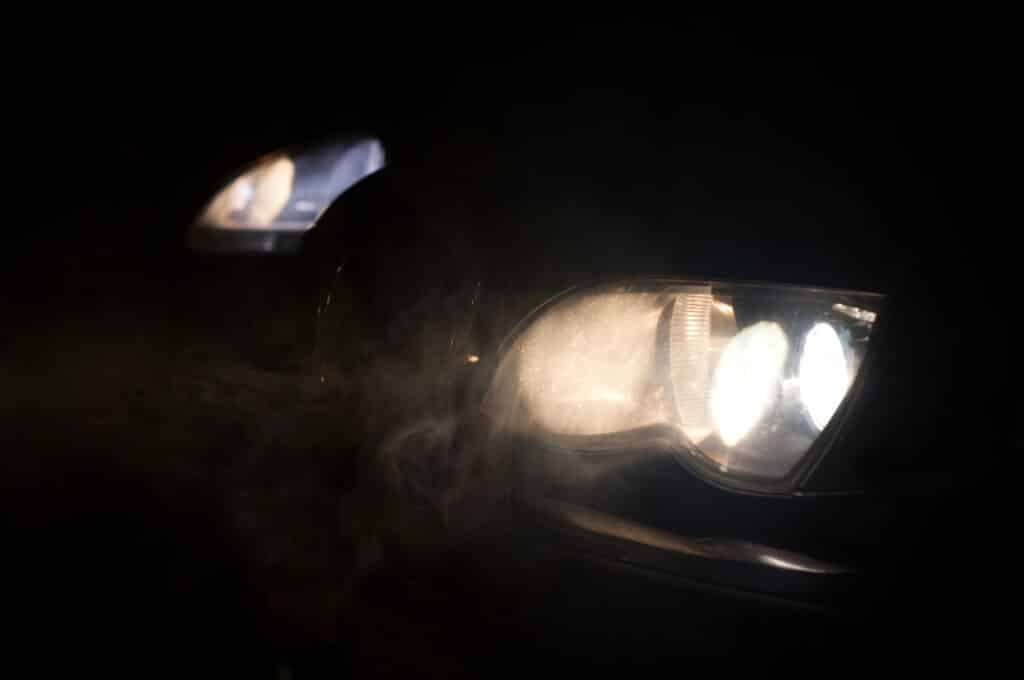
In short, EGR delete in itself does not produce black smoke. In fact, if done correctly—with a good kit and proper ECU tuning—it really reduces black smoke by increasing efficiency of combustion.
Summary:
Black smoke is caused by incomplete combustion, typically too much fuel or insufficient air.
EGR delete improves airflow, enabling the engine to receive more oxygen to fully burn fuel.
If not tuned by the ECU, an EGR delete can cause a rich fuel mix, which creates smoke.
Using an excellent EGR delete kit and having it done by a tuner are crucial to avoid these issues.
So don’t cut corners if you’re having your EGR system deleted. Use the correct kit, get your ECU reflashed properly, and maintain it regularly. That’s how to make power, stop the smoke, and give your diesel engine more life
- 3shares
- Facebook0
- Pinterest0
- Twitter3
- Reddit0













